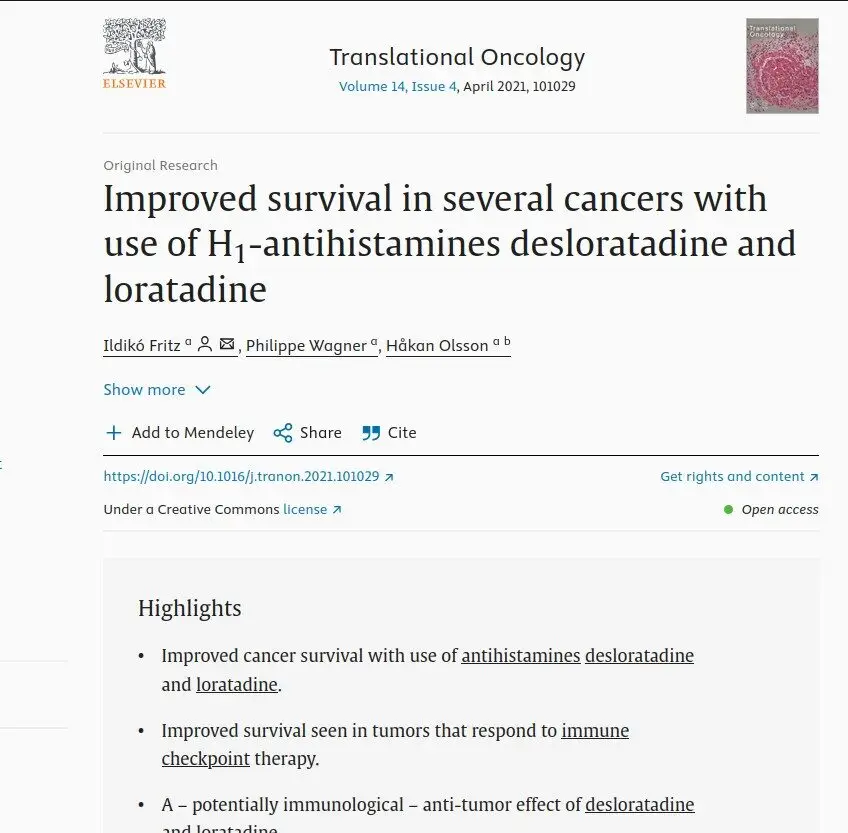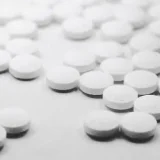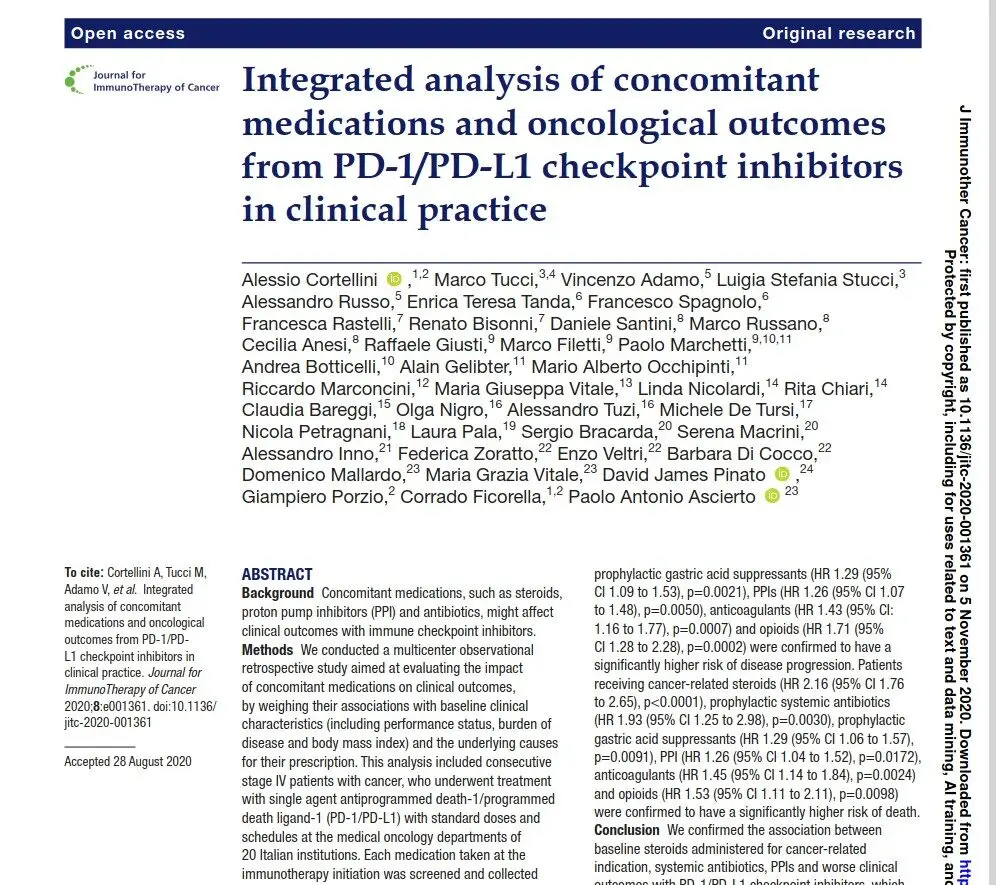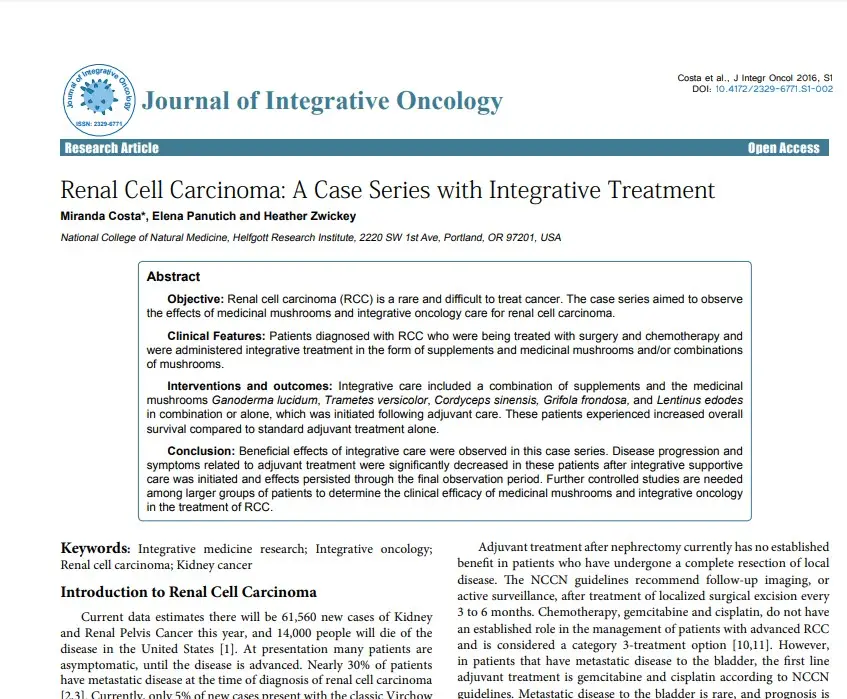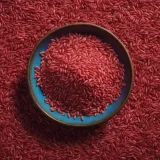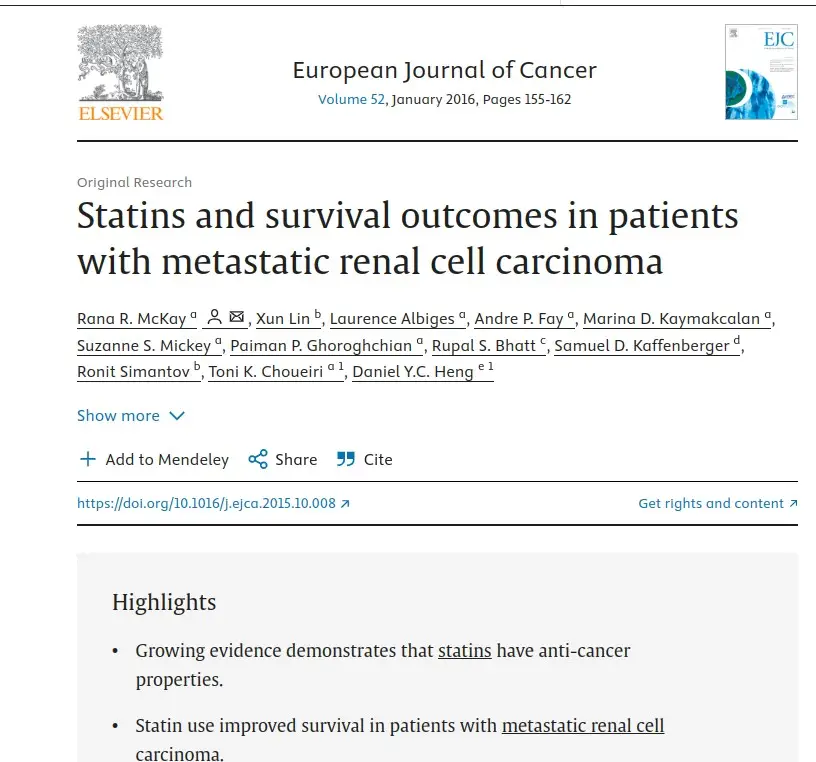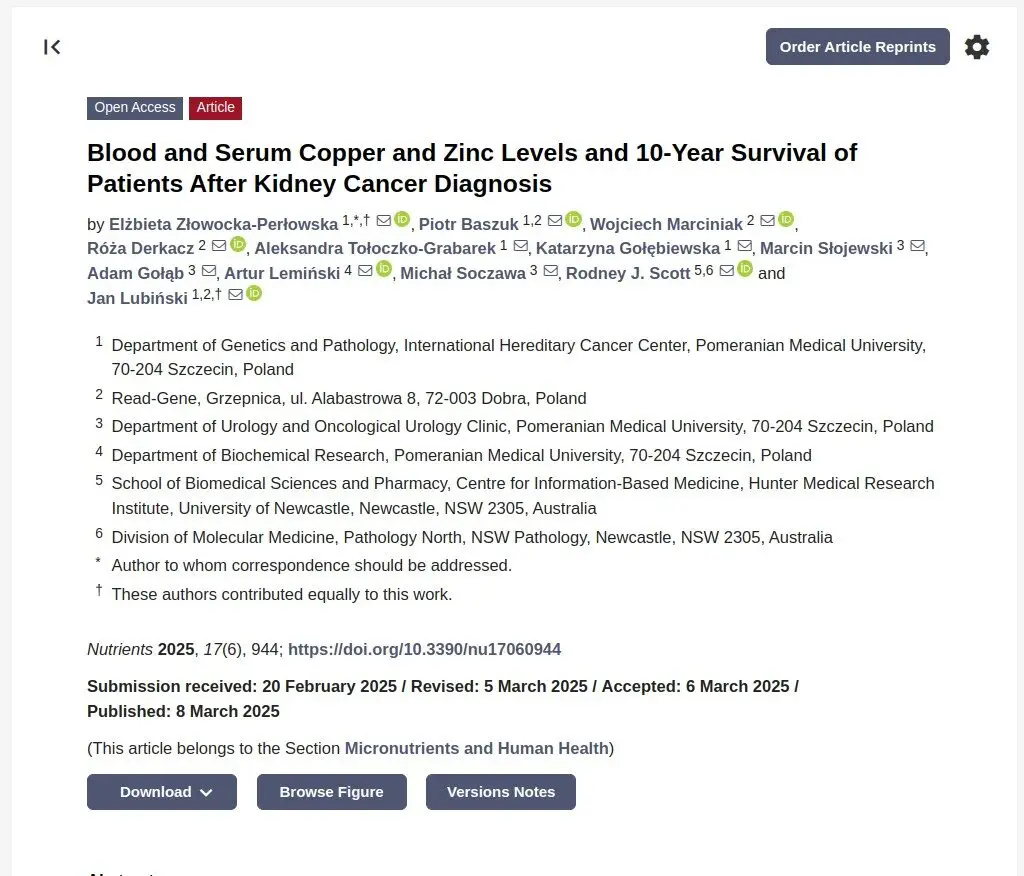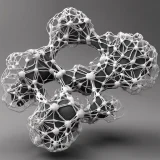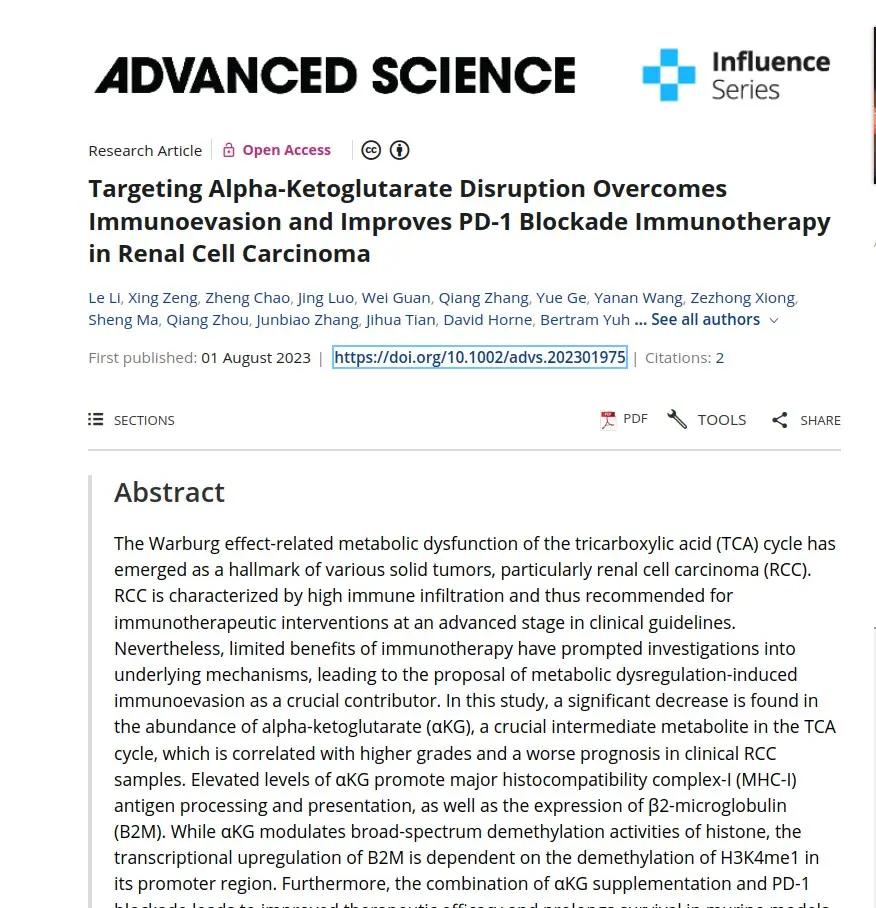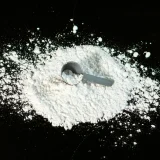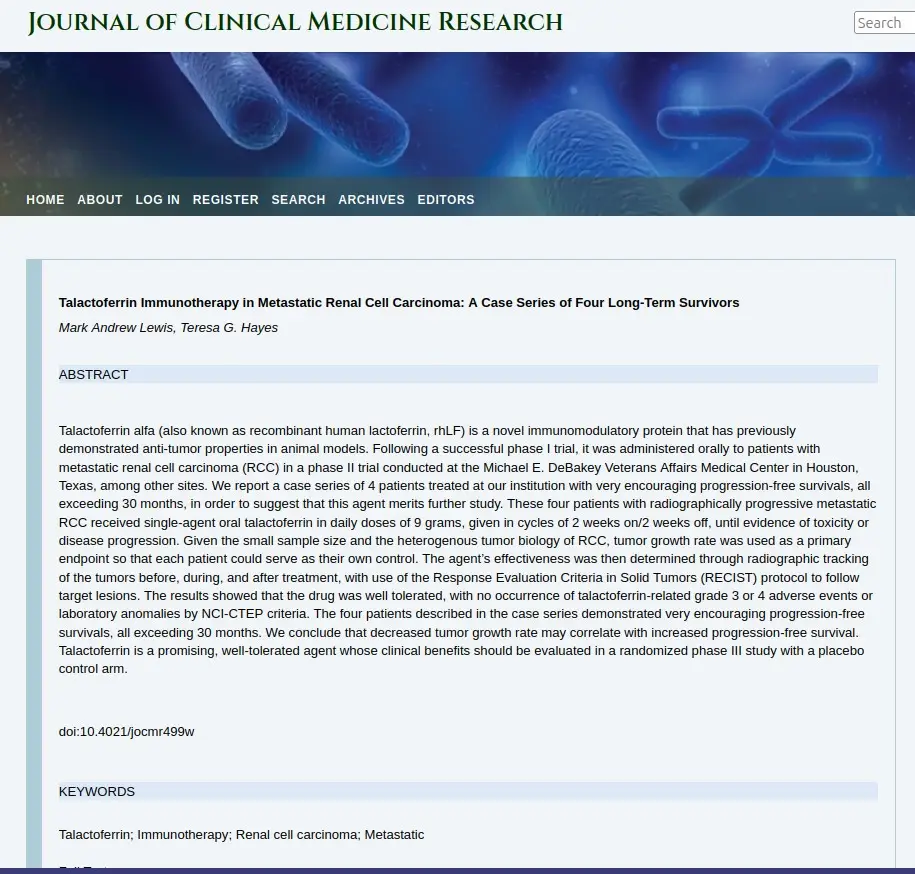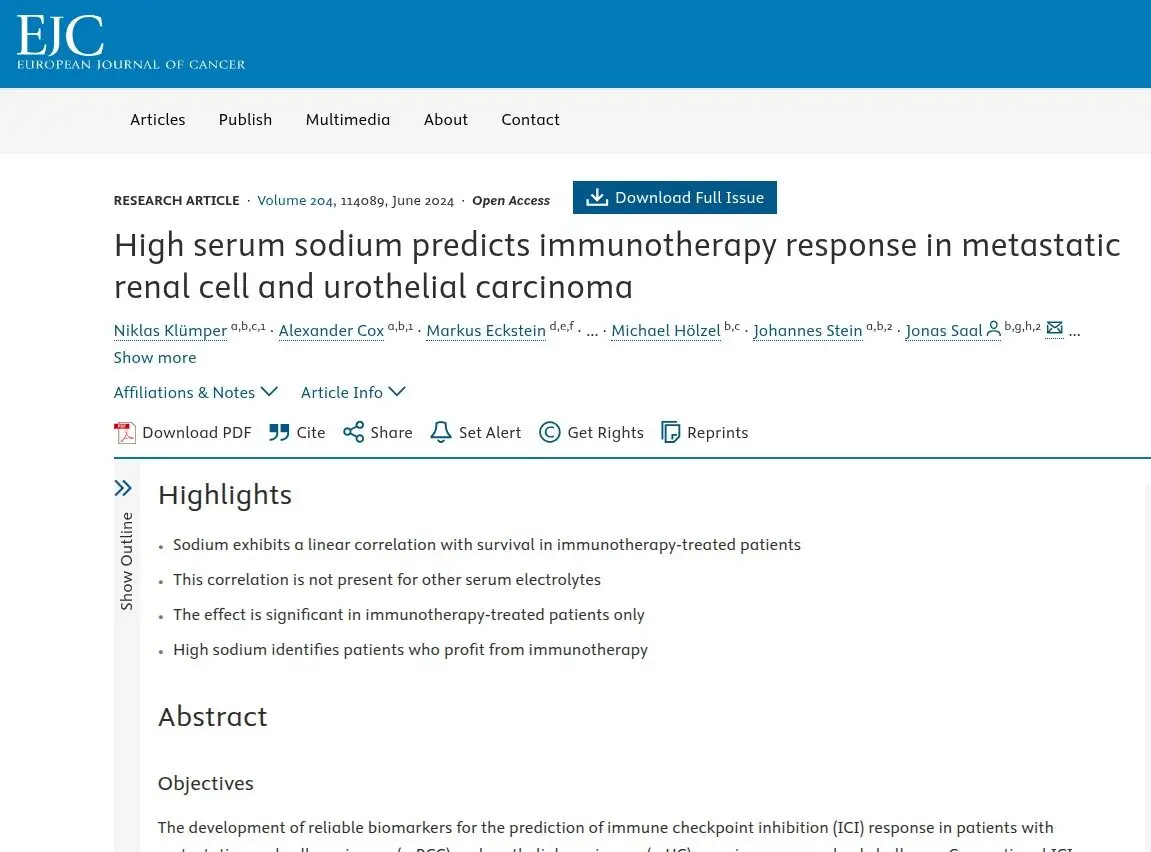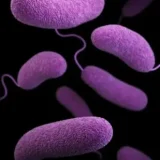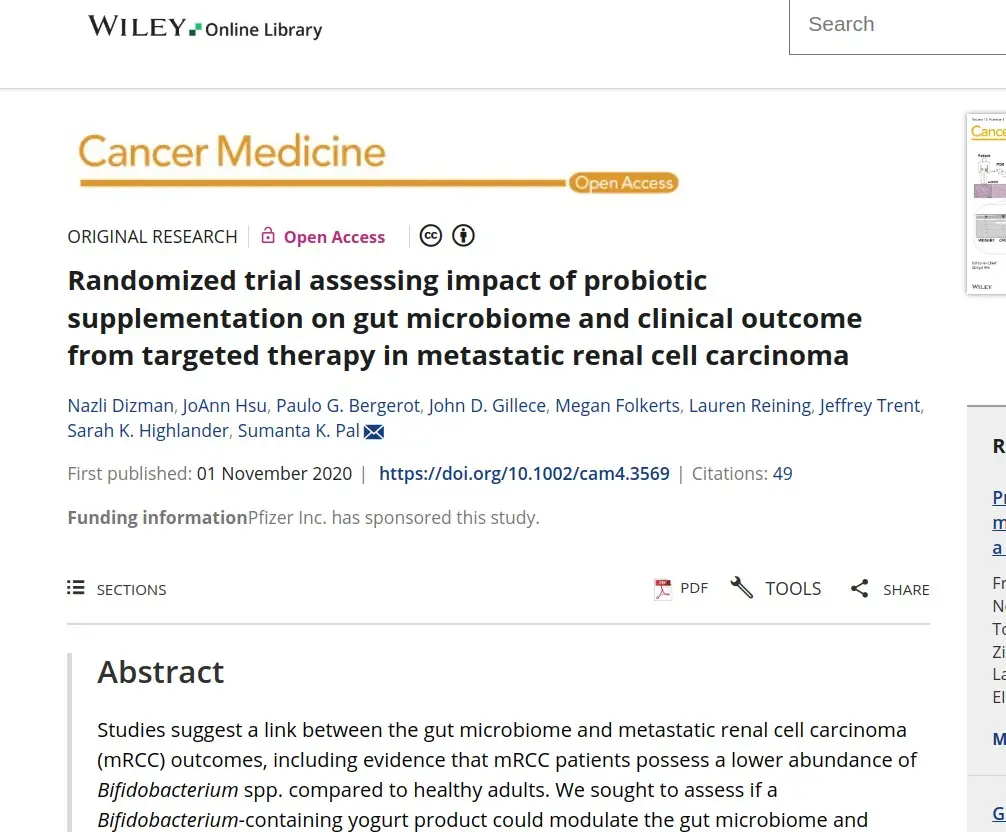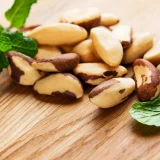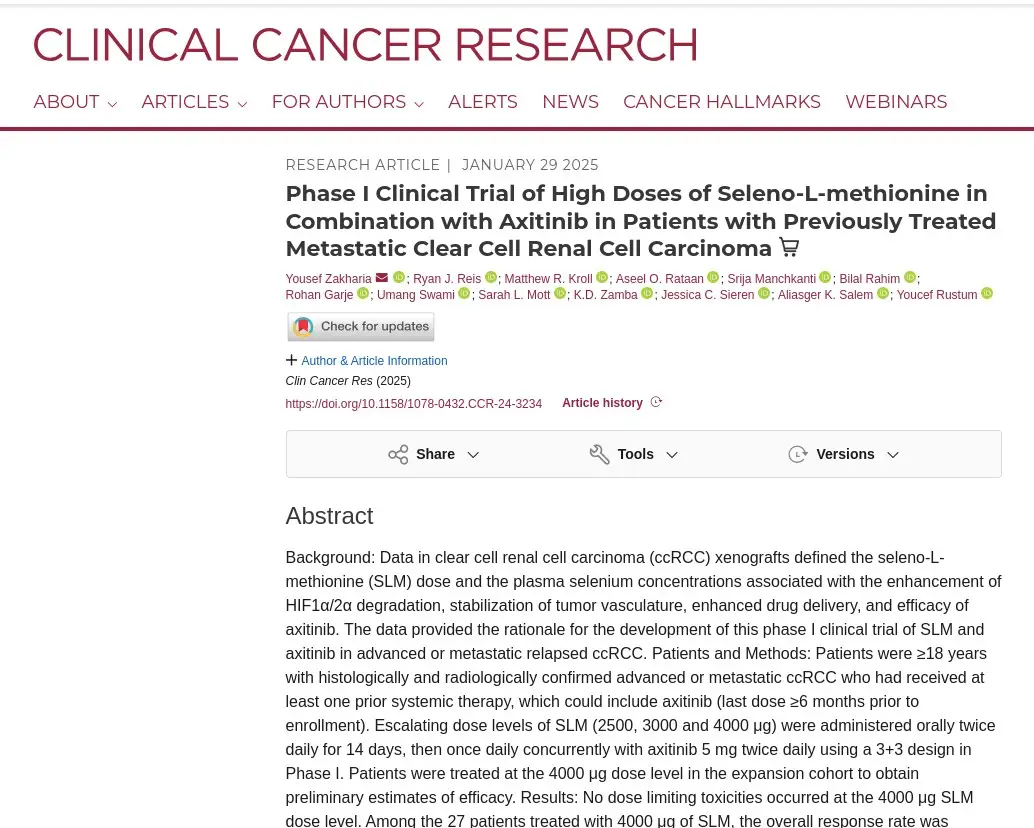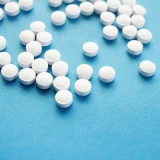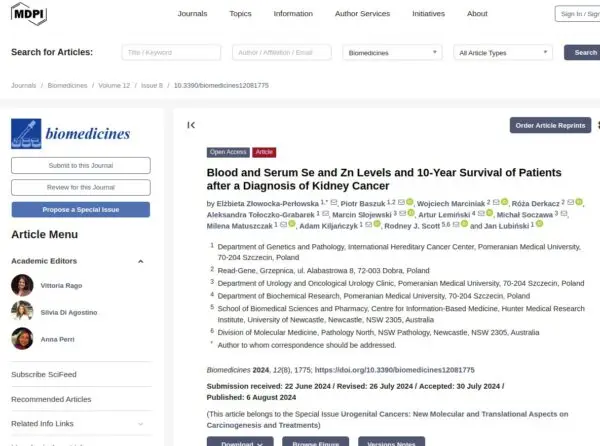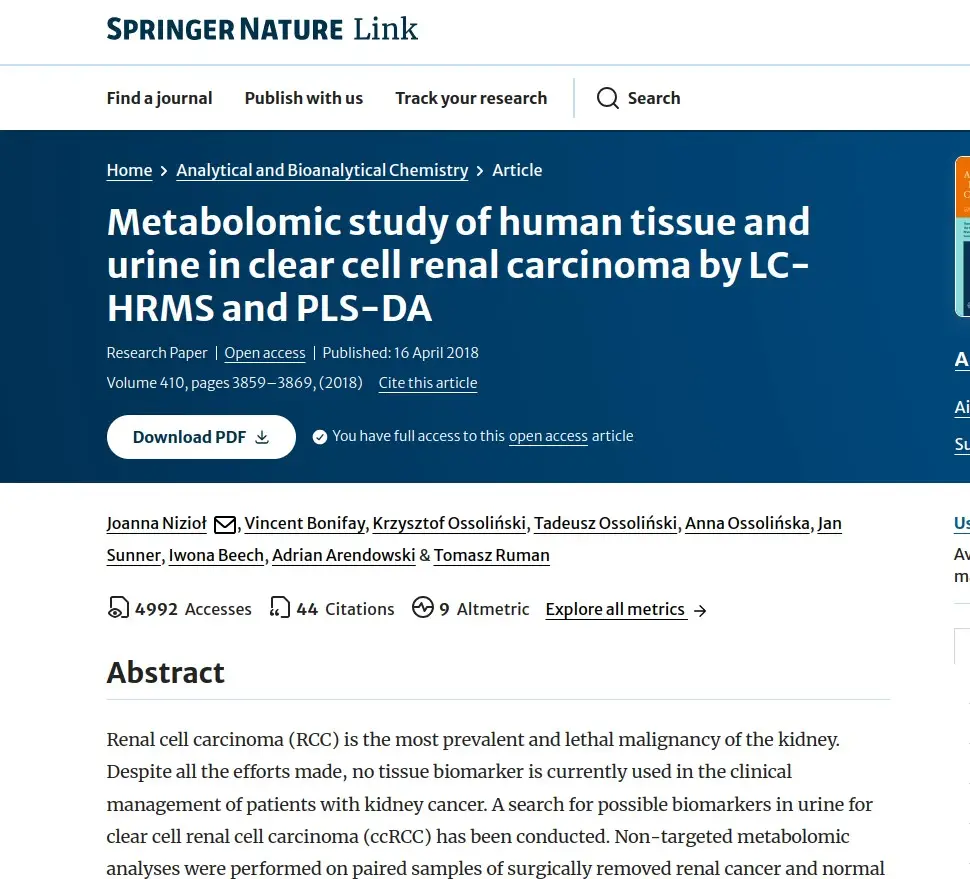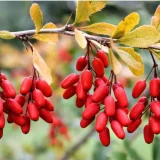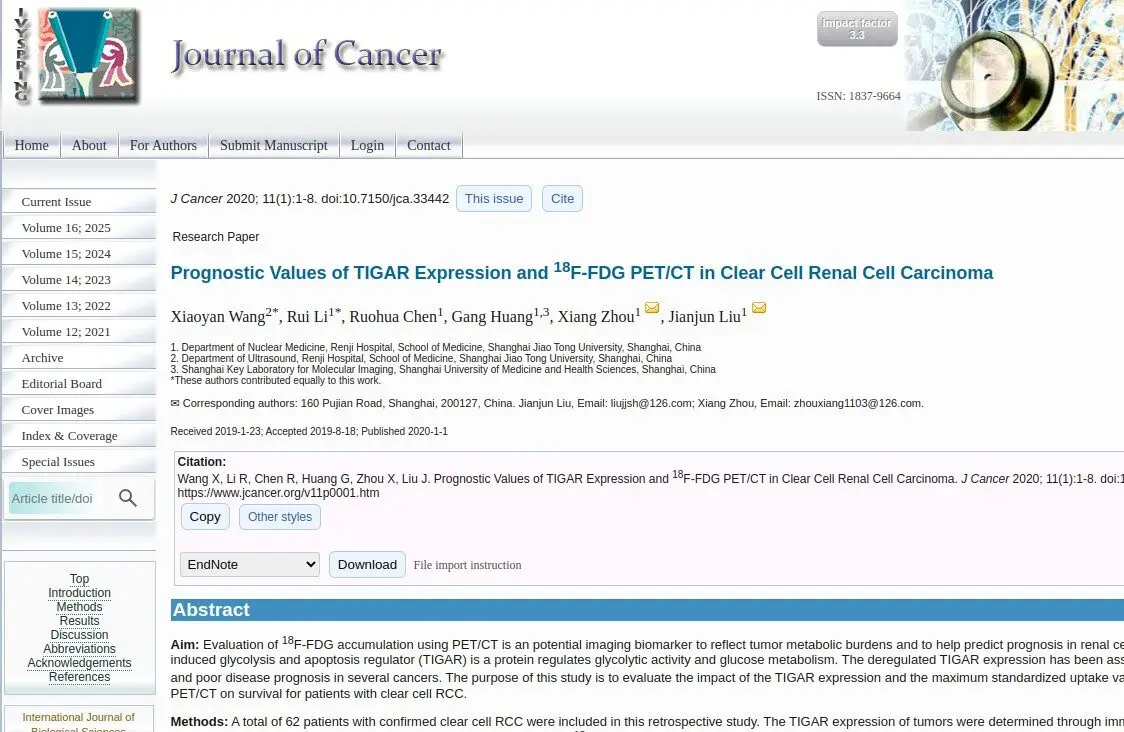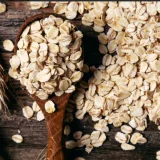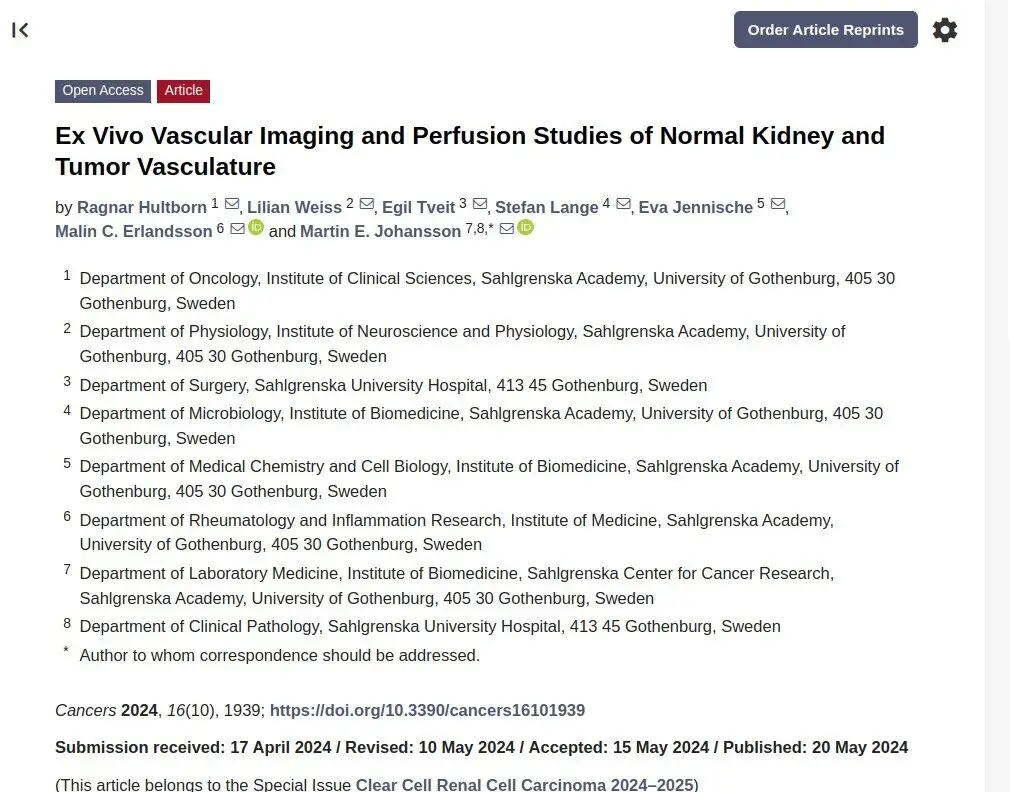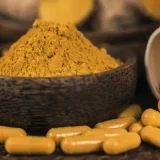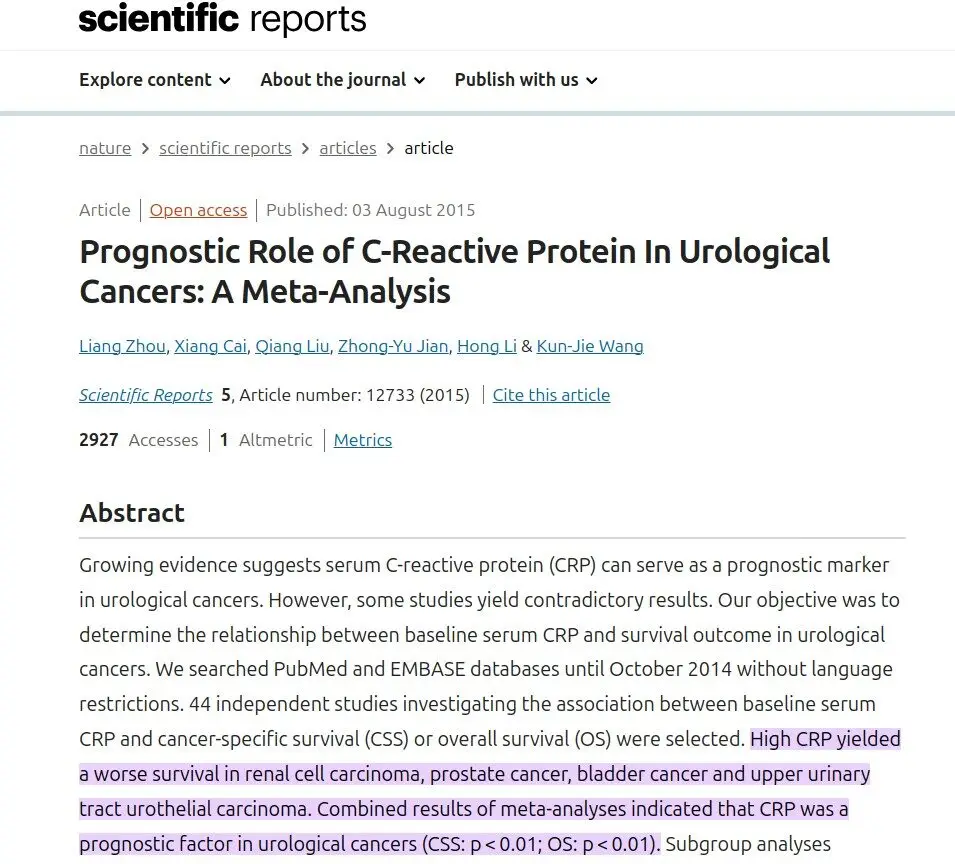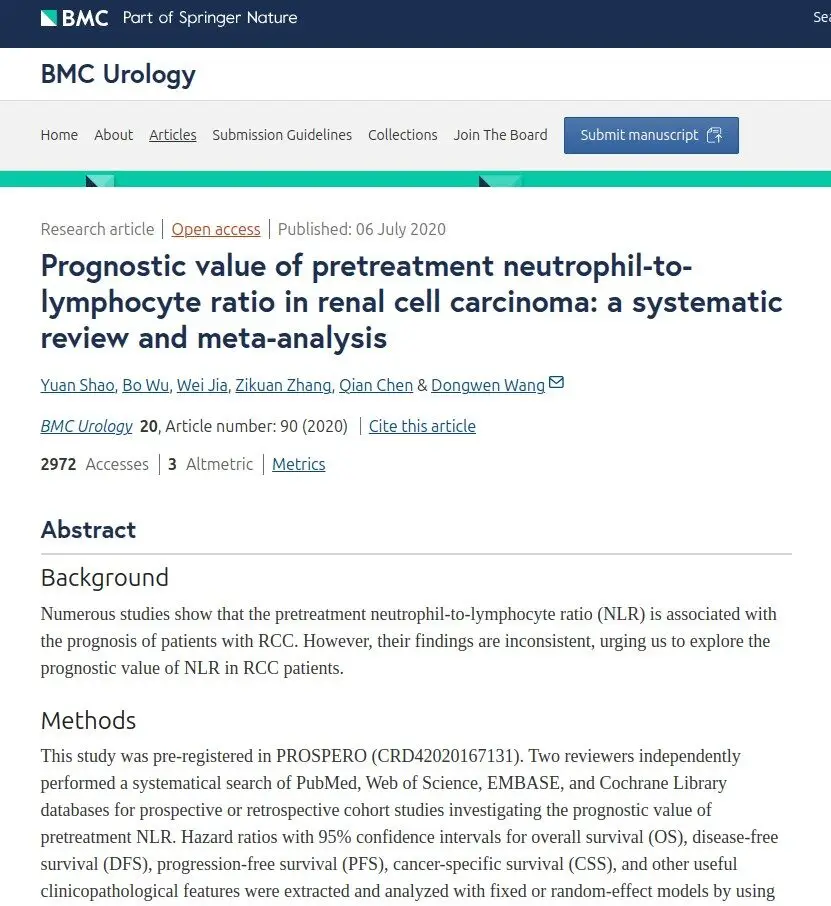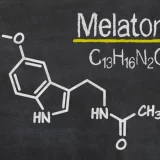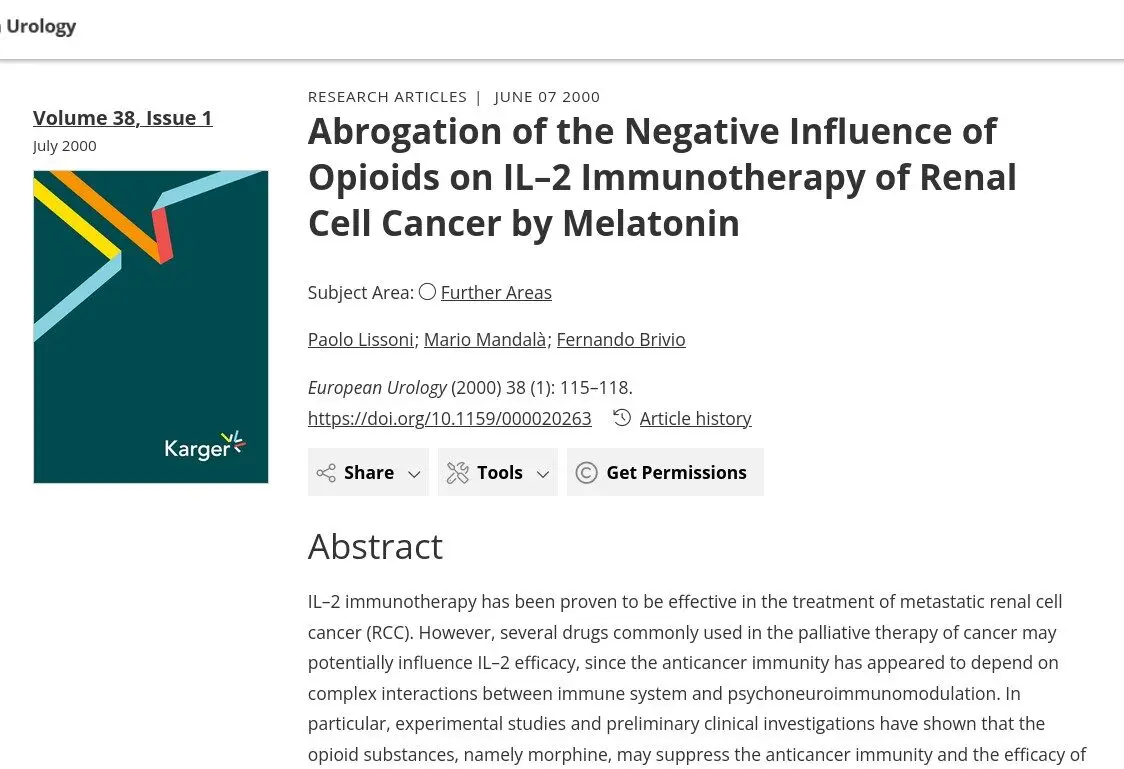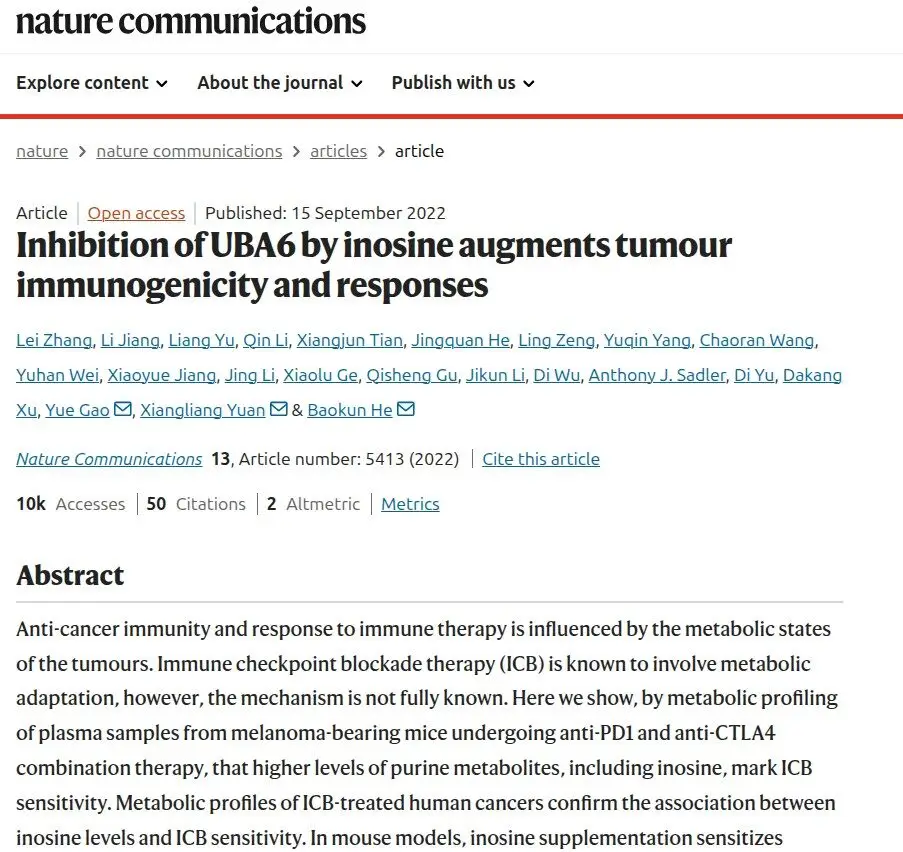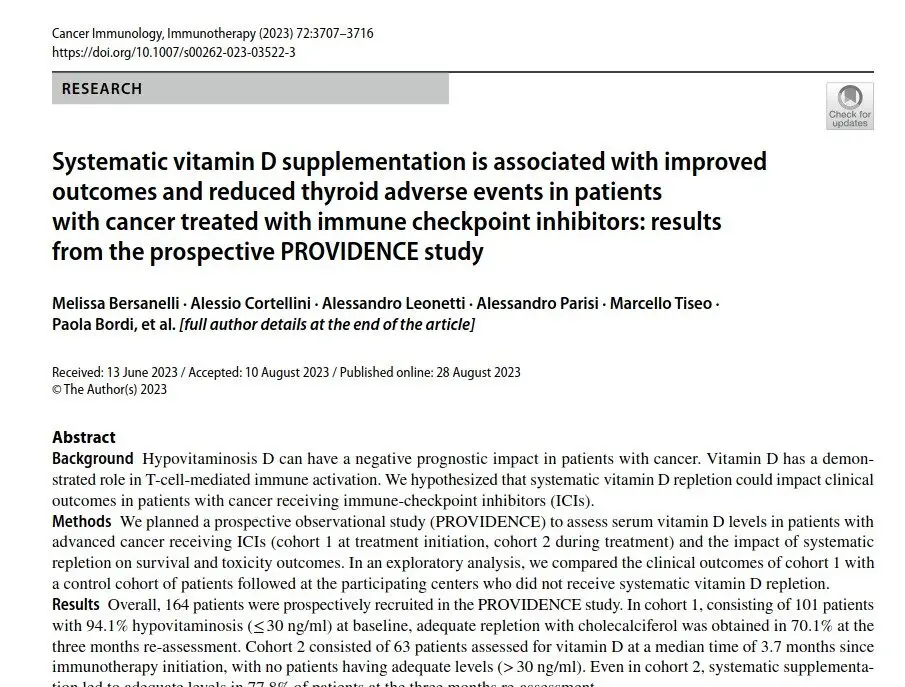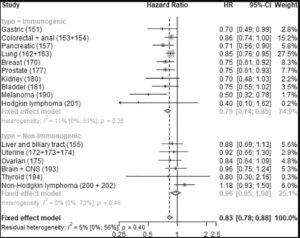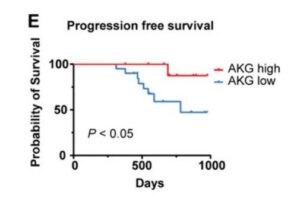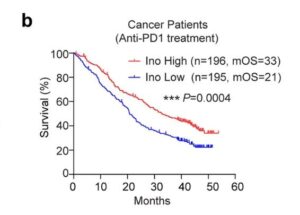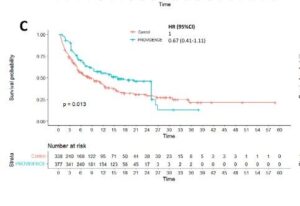There is a growing list of supplements, over the counter drugs and even functional foods that can deliver measurably improved treatment responses and help managing the side effects. Its striking that the impacts reported are usually more than can be achieved by adding more oncology drugs to a treatment plan, and crucially there are often a reduction in side effects.
Analysis of prescription records in Scandinavia has reported reduced progression rates in patients taking antihistamines, especially desloratadine. Similar studies have confirmed these impacts in immunotherapy too. Also from case data studies, those with higher vitamin D3 levels before and during therapy also get better outcomes, and researchers increasingly call for trials to develop use of vitamin D3 further. In other cancers, higher doses have been needed to move levels from deficient to relatively high. Cancer activity including associated inflammation and oncology treatments decrease levels of crucial nutrients such as D3 so there is a constant drain.
Low dose aspirin does have more ongoing trials, including those showing increased response levels to immunotherapy including nivolumab and with mTOR inhibtors e,g everolimus. Aspirin can also help reduce hyper active blood platelet activity that drives “stickiness” and clotting, but elevated levels are known to increase metastasis. Also in ongoing cancer research are statins, where there is some evidence of reduced progression, especially in patients that respond to stain introduction with lowered cholesterol. Statins have multiple cancer suppressing actions and red yeast rice can be used when no prescription is available. Crucially, statin user during immunotherapy are reported with risk reductions of a half or so.
Mushroom glucans in turkey tail extracts have fascinating case study reports in kidney cancer management. Boosting and balancing immune system responses with beta glucans is a growing area of research, many good options are available including turkey tail. Useful additions to most oncology treatment, including helping immunotherapy response and reducing side effects. Also in immunotherapy, relatively high circulating sodium has recently emerged as a predictive marker for high responders. Studies of data from large trials in metastatic kidney cancer management show remarkably better outcomes in the on third or so of patients with higher natural sodium. The commonly available anti-aging supplement alpha ketoglutarate is emerging in cancer research too for similar reasons. Based on clinical evidence in melanoma patients, higher relative levels increase immunotherapy response. Supporting lab data for kidney cancer shows unusually clear evidence.
A recently expanded phase I study in Iowa, USA, supporting TKI axitinib therapy and “high” dose organic L-selenomethionine supplements. Perhaps the most significant metabolic pathway dysfunction in kidney cancer progression is HIF1α/2α (hypoxia), and here there is a striking pilot study where readily available selenium L-selenomethionone is reportedly working with TKI therapy to significantly increase drug uptake and remission rates. Other studies have highlighted the importance of selenium/zinc ratio, both are needed.
Dysfunctional iron metabolism is common during cancer and with oncology treatments, and kidney cancer is the leading example. Iron deficiency is common in patients, and is linked to poor prognosis. On the other hand, the tumor environment is rich in iron stored by high levels of the enzyme like protein ferritin. Higher ferritin is linked to increased cancer activity levels. Lactoferrin is a prebiotic class milk protein which can restore iron balance, improving both absorption and healthy distribution of iron. This can potentially suppress iron related cancer growth. The milk based prebiotic lactoferrin has some compelling patient case studies. Also related to metals, high serum levels of copper especially with insufficient zinc are very strongly linked with poor prognosis. One possibility reported is cancer switches the metabolism to free up copper for its needs to grow and spread rapidly, and down regulates zinc and selenium. Heavy metal detoxification has been shown in patient cases with use of citrus pectin, ideally with marine alginates. Related, citrus pectin trials show improved outcomes based on reducing glucose based growth mechanisms, so called galectin-3 proteins. Lower levels are linked to strongly lowered progression risk.
Increasing evidence is emerging on the crucial impacts of gut bacteria strains such as akkermansia. Good natural levels improve success with TKI therapies such as carbozantinib or axitinib. Along with these bacteria strains, the presence of inosine both natrually and supplemented has growing evidence of improving the response rates of immunotherapy. Related, there are ongoing trials for use of ketogenic diets and supplements such as MCT oil and beta-hydroxybutyrate for supporting immunotherapy responses https://clinicaltrials.gov/study/NCT05119010
Other well defined metabolic dysfunctions relate to increased fatty acid metabolism. Berberine has good evidence of improving this higher lipid metabolism including these fatty acids used by cancer to grow, while Urolithin A is emerging from anti-aging science as a credible natural supplement able to counter some of these mechanisms. Systemic inflammation is linked with increased risks for progression, especially in later stages. Both acute type inflammatory responses measured by C-reactive protein, and immune system related neutrophil-to-lymphocyte ratios. Maintaining relatively lower levels of both make a substantial difference. Commonly used Astragalus root has evidence of improving immune system balance and NLR while curcumin and other other functional foods including garlic can reduce this inflammation. Astragalus has shown strong supportive benefits in patient data, including lung cancer.
High dose melatonin also helps some late stage relapsed patients including kidney cancer. New research into advanced stage outcomes of immunotherapy shows substantial benefits to AM treatment vs PM of 43% improved survival rates https://jitc.bmj.com/content/12/3/e008011
The so called Th1/Th2 immune system balance is strongly linked to the progression and to treatment resistance. Molecular iodine solutions are emerging in this area in breast cancer management and seen boosting Th1 anti tumor activity and helping suppress over active Th2 used in resistance. The has improved results in surgery plus chemotherapy and may support increased response immunotherapy (see Supplement Library)
The most common metastatic site is in the lung, take a look at the pathfinder for lung cancer for inspiration.



